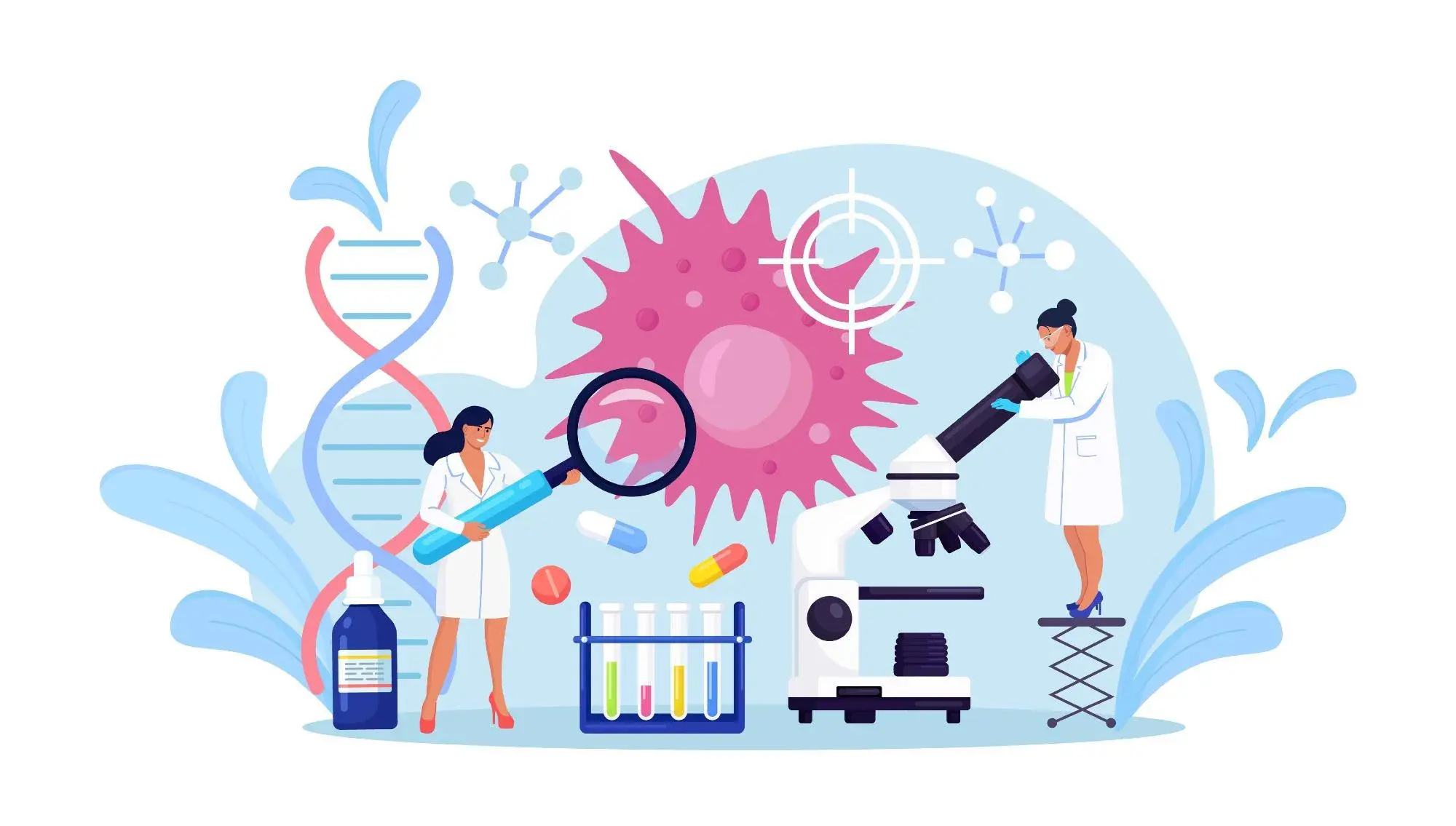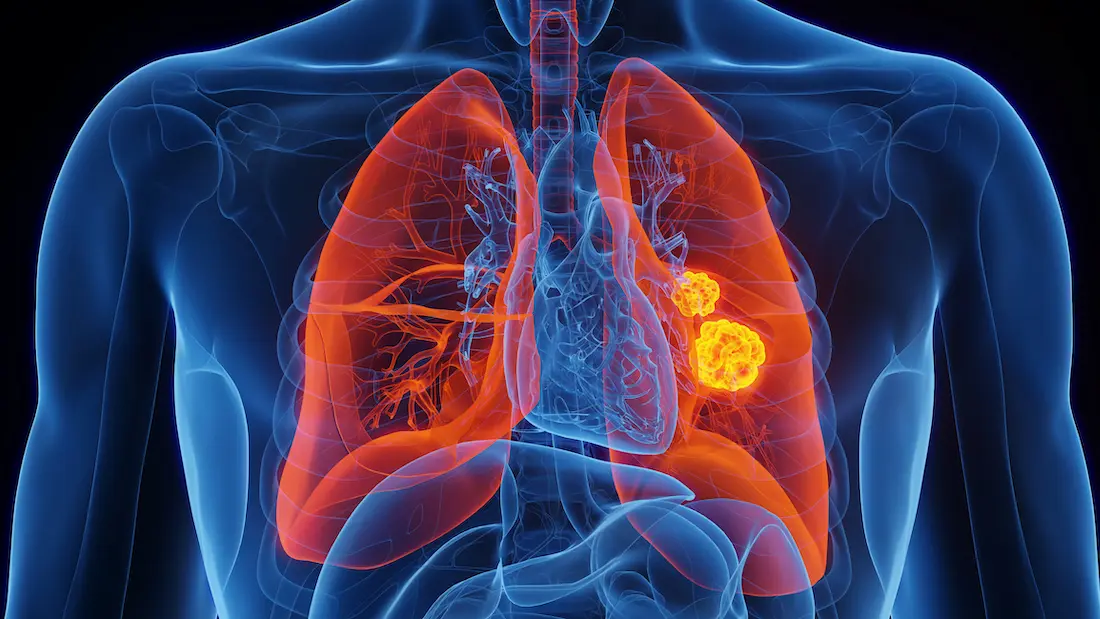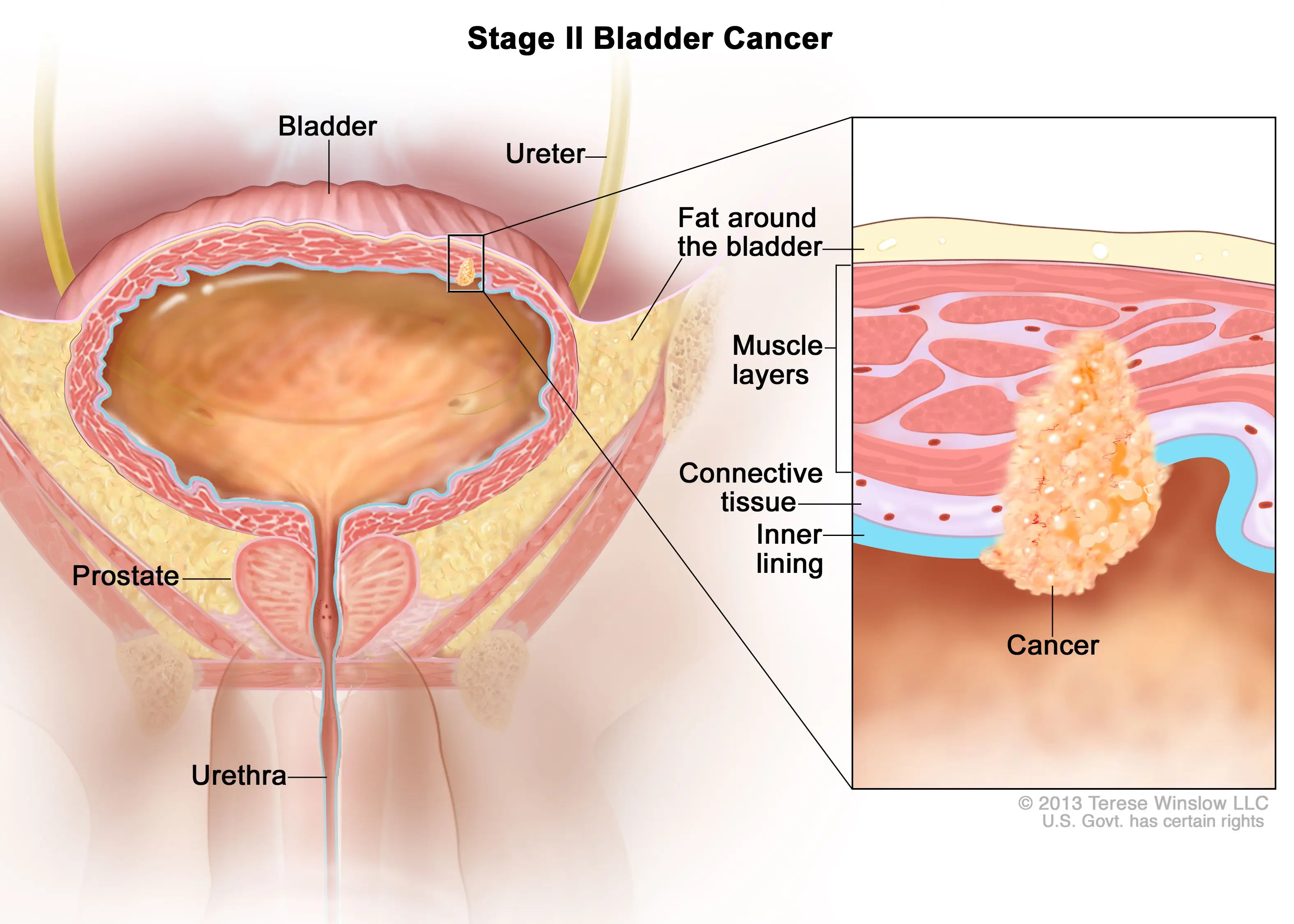Mental Health and Cancer Care: The Importance of Emotional Support During Treatment
Cancer treatment can be a physically and emotionally challenging experience. While medical advancements have significantly improved survival rates, the mental health of patients is often overlooked. It is crucial to recognize the profound connection between emotional support and a patient's ability to cope with the stresses of cancer treatment. This article explores how emotional well-being impacts the treatment process, the role of support systems, and why mental health care should be integrated into cancer care plans.
The Connection Between Mental Health and Cancer Treatment
Cancer treatment involves more than just physical recovery. Patients undergoing chemotherapy, radiation, or surgery often experience significant emotional distress. The anxiety about the diagnosis, fear of recurrence, and the uncertainty of treatment outcomes can lead to depression, stress, and mental exhaustion. These emotional burdens can, in turn, negatively affect a patient's physical recovery and overall quality of life.
Studies show that addressing mental health during cancer care can help alleviate symptoms of depression, anxiety, and other psychological issues. Patients who receive emotional support are better equipped to manage treatment side effects, maintain a positive outlook, and even experience improved treatment outcomes.
Types of Emotional Support for Cancer Patients
Several forms of emotional support can significantly enhance a patient's well-being during cancer treatment. These include:
- Psychological Counseling: Professional therapists can provide coping mechanisms and emotional tools to deal with the stress of cancer treatment.
- Support Groups: Cancer-specific support groups allow patients to connect with others who are going through similar experiences.
- Family and Friends: Having a strong support system from loved ones can reduce feelings of isolation and offer emotional stability.
- Spiritual Support: Many patients find comfort in religious or spiritual practices that provide a sense of purpose and hope.
Each of these support avenues plays an essential role in helping patients cope with their diagnosis and treatment journey.
The Benefits of Emotional Support
Providing emotional support during cancer treatment offers several significant benefits:
| Benefit | Explanation |
|---|---|
| Reduced Anxiety | Emotional support helps patients manage anxiety and fears related to cancer. |
| Improved Coping Skills | Support groups and counseling help patients build healthier coping mechanisms. |
| Better Treatment Adherence | Patients who feel emotionally supported are more likely to adhere to treatment regimens. |
| Enhanced Quality of Life | Emotional well-being contributes to an improved overall quality of life, despite the illness. |
| Faster Recovery | Addressing mental health can speed up the recovery process by reducing stress and supporting physical health. |
The Role of Healthcare Providers in Emotional Support
Healthcare providers, including oncologists and nurses, play a pivotal role in integrating emotional support into cancer care. Not only should they offer medical expertise, but they must also be attuned to the emotional needs of their patients. This might include:
- Screening for mental health concerns: Regular screenings for depression or anxiety during treatment.
- Providing referrals: Referring patients to counseling services or support groups.
- Creating a supportive environment: Offering a compassionate and empathetic approach to care.
A holistic treatment plan that incorporates both physical and mental health care is essential for the best outcomes.
Conclusion: Integrating Mental Health Care Into Cancer Treatment Plans
Emotional support during cancer treatment is just as important as medical care. Patients with strong mental health support systems are more likely to experience better treatment outcomes, fewer side effects, and an overall improved quality of life. As cancer care continues to evolve, the integration of mental health support into treatment plans should become a standard practice. By acknowledging the emotional struggles patients face and providing the necessary support, healthcare providers can help patients not only survive but thrive during their cancer journey.
Explore

How to Keep Your Home Powered During Wildfires: A Generator Buyer’s Guide

Cancer Treatment Breakthroughs: What’s on the Horizon in 2025?

New Breakthroughs in Advanced Prostate Cancer Treatment

Best Treatment Options for Lung Cancer in 2025

Top Bladder Cancer Treatment Options You Should Know About

Understanding Uterus Cancer Treatment: What’s New in 2025?

Understanding Cancer Insurance: Why It's Essential for Your Health Coverage

Your Mental Health Matters: Best Online Therapy Services to Try
